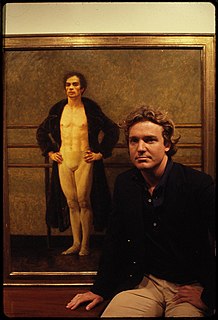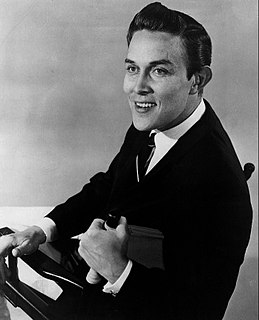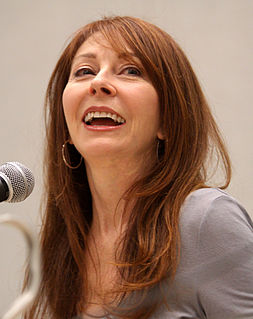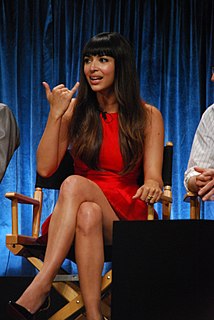A Quote by Mark Schultz
Me and my brother lived in kind of a shed behind our house, and it was cold. We really lived kind of a dirty existence. It was tough to move away from my father and grandfather in California. I wore socks that were so dirty they were hard and black, and I would go into the lost and found box at school and look for clothes.
Related Quotes
I remembered some people who lived across the street from our home as we were being taken away. When I was a teenager, I had many after-dinner conversations with my father about our internment. He told me that after we were taken away, they came to our house and took everything. We were literally stripped clean.
He didn't call his father and mother 'Father' and 'Mother' but Harold and Alberta. They were very up to date and advanced people. They were vegetarians, non-smokers and teetotalers, and wore a special kind of underclothes. In their house there was very little furniture and very few clothes on the beds and the windows were always open.
My days in hostel were tough. I was ragged by my seniors. We were asked to wash their dirty clothes, do their odd jobs, etc. When it came to eating, we would be often given burnt rotis and milk that had awful odour. But, never once did I call home. I knew if I had to become a tough cricketer, I would have to handle the pressure.
Naples is curiously chaotic and, if I'm honest, a bit dilapidated. It certainly has a 'lived-in' look. It's alive, it's vibrant, it's a little bit dirty, it's busy, and I loved it. I felt like this was how Rome would probably have been 2,000 years ago. There's a real bustle, and it's down and dirty.
We lived in a very modest house. My father drove modest cars, we didn't travel, we didn't do any of the things that, were commensurate with the kind of income that he was making. So we got this kind of, double message, which was, y'know, "You work hard and you make as much money as you possibly can, but you don't spend any money." And you see how well I learned that lesson.
I think the kids in school that laughed at the clothes that we wore and the house that we lived in, and then my mother had to cut hair... I think that was a good motivator. Every time they laughed at me, they just built a fire, and there was only one way to put it out - to try and show 'em I was as good as they were.
I think that's always been part of the thinking behind the script, that - and I really tried really hard to impress that upon the staff of the show, the animation staff - to try to get them to understand that we would only be able to get away with what we were writing if the visuals were appealing enough that it was like a balance, and even people who didn't like what they were hearing would still not want to turn away because what they were seeing was so nice. So that was kind of my hunch, and I think it worked.
When my parents went off to Knoxville to work, I lived with my father's mother. She was strict - the kind who starched and ironed dresses. I had to sit more than I played. Oh, I was miserable. I liked being out with the animals. I'd come in the house with my hair pulled out, sash off the dress, dirty as heck. I was always getting spanked.
The street is as diverse as any other sector, but in peoples' mind it gets appropriated as a black man who's tough. Trying to make it through by staying hard and phallocentric. To me, that is just an impoverished conception of what it is to be a black male. It doesn't do justice to my grandfather, my father, my brother - or just the black men I grew up with.






































